Who would you rather have save your life? A 15-year-old boy in skin-tight Lycra, who can shoot sticky webs out of his wrists? Or a tall, strong, billowing-haired Amazon woman with bullet-deflecting jewelry and a magic lasso?
If you said Spider-Man, stop reading this and just go away.
Because while Wonder Woman, Black Panther, Jessica Jones, and Supergirl are paving the way for better hero diversity, girls still lack on-screen female role models, according to research. The new study by BBC America and the Women’s Media Center confirms that representation can positively affect a child’s confidence, career trajectory, and overall self-image.
In on an online survey administered over the summer, more than 2,400 participants — girls and boys ages 5 to 19 — expressed a desire for more female and non-white champions in the sci-fi and superhero genre.
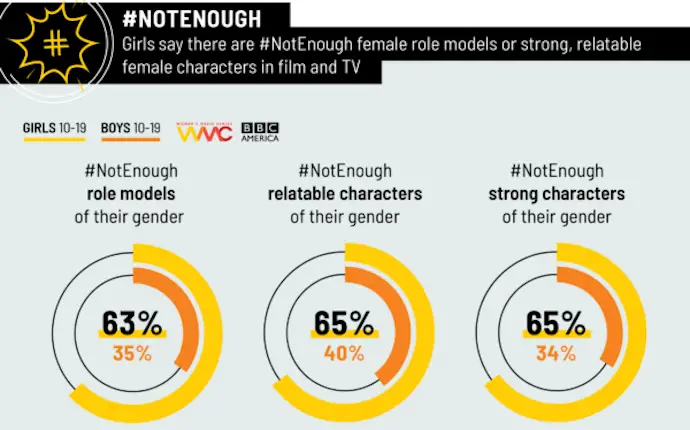
“If you can’t see her, you can’t be her,” BBC America President Sarah Barnett said in a statement.
“It’s time to expand what gets seen, and we hope this report will contribute to sparking change in the stories we see on screen,” she continued. “With greater representation of female heroes in the sci-fi and superhero genre, we can help superpower the next generation of women.”
This study was released three days before the sixth annual International Day of the Girl (Oct. 11), aimed at raising awareness of issues like education, nutrition, and child marriage, as well as legal and medical rights.
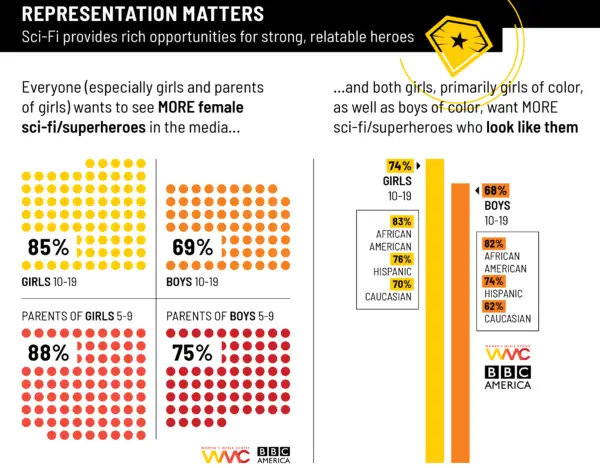
The data speaks for itself: Teen girls are significantly less likely than their male counterparts to describe themselves as confident, brave, and heard. These challenges are considerably more pronounced for girls of color.
Related: 11 groundbreaking women comic book artists that prove male artists are mediocre
“At this time of enormous, sweeping, social change, it’s important that television and film provide an abundance of roles and role models for diverse girls and young women,” Julie Burton, president of the Women’s Media Center, said.
BBC America also reported a 23-point gender gap between teen boys and girls interested in science, technology, engineering, and mathematics (STEM) careers.
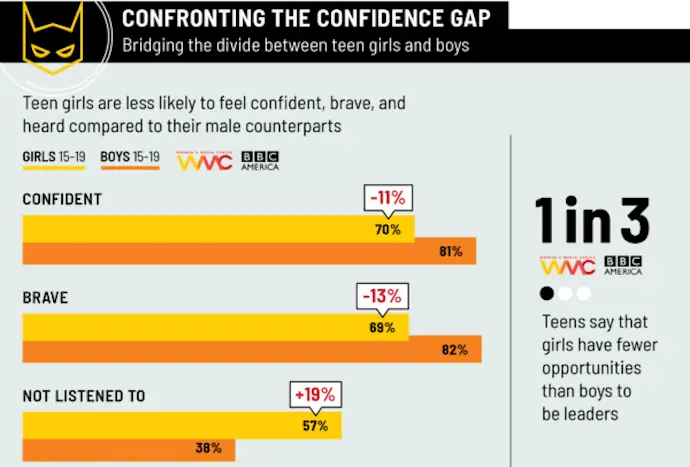
“We know that representation matters, as evidenced by this report,” Burton added. “Our research found that female sci-fi and superhero characters help bridge the confidence gap for girls, making them feel strong, brave, confident, inspired, positive, and motivated.”
This alliance with Women’s Media Center is part of BBC America’s recent “Galaxy of Women” initiative, which spotlights ladies across the network—from Orphan Black‘s sestras to Killing Eve‘s assassin and spy to Doctor Who‘s pioneering first female Doctor.
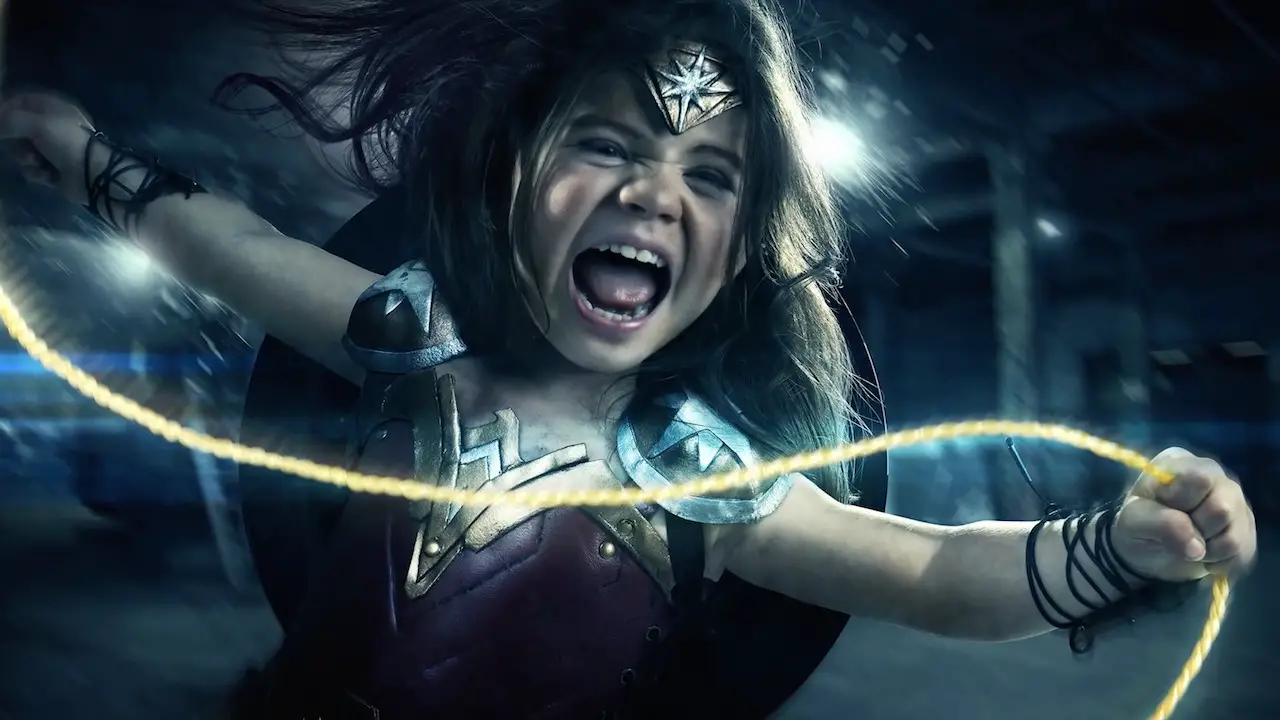
So let’s go, supergirls!
But there's more. Check out these bussin stories:
- Black It Happened To Me Travel
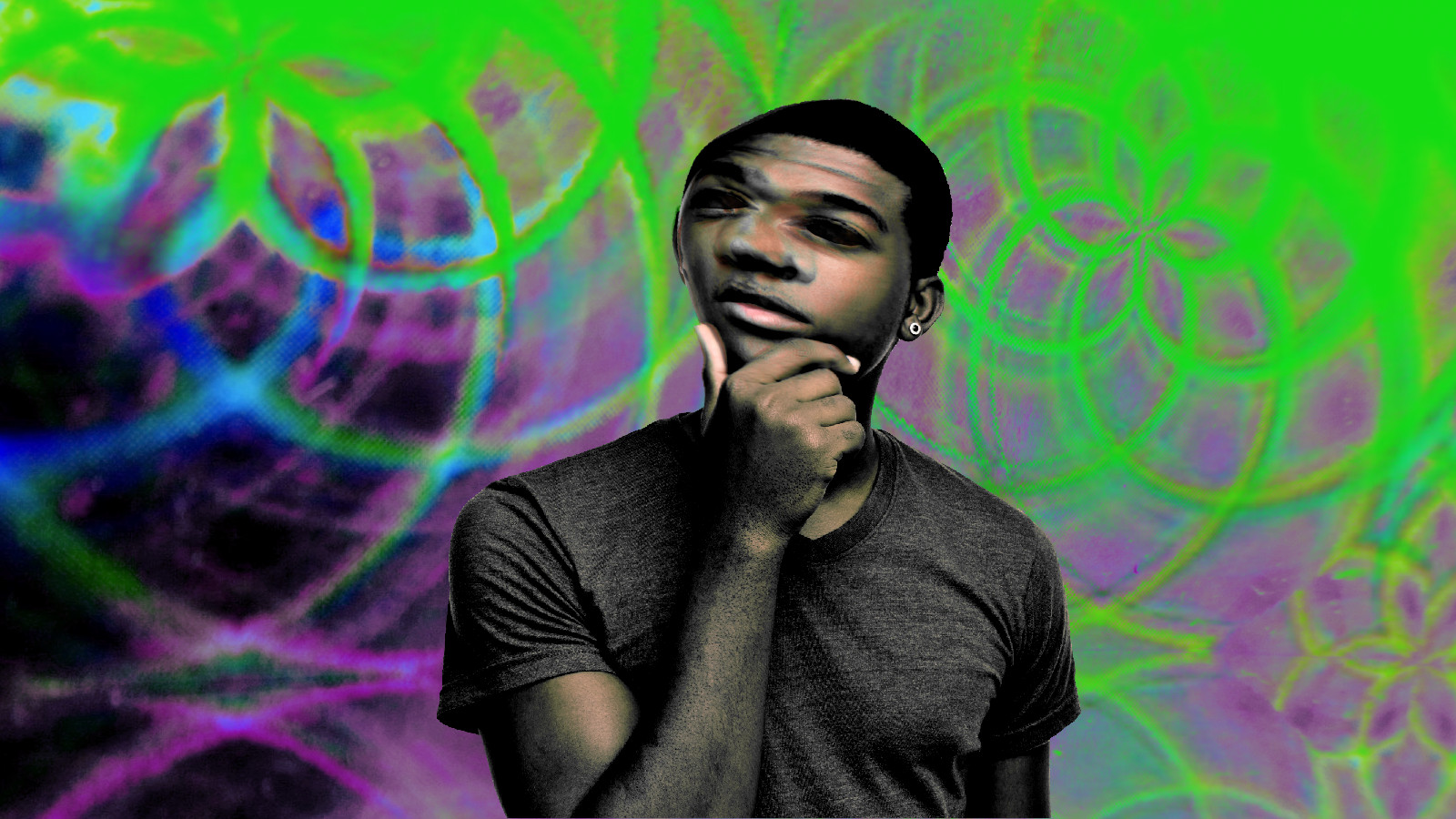 Psychedelic privilege: are DMT entities racist? DMT users often come across strange beings called machine elves, dispensing advice and adventure. They were thought to be benevolent—but we can no longer ignore the Black DMT experience.
Psychedelic privilege: are DMT entities racist? DMT users often come across strange beings called machine elves, dispensing advice and adventure. They were thought to be benevolent—but we can no longer ignore the Black DMT experience. - SMH
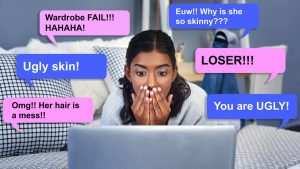 The internet is toxic – here are five possible cures The Internet can be a tremendously awful place. Here are some ideas for solutions from thinkers all over the world.
The internet is toxic – here are five possible cures The Internet can be a tremendously awful place. Here are some ideas for solutions from thinkers all over the world. - History SMH
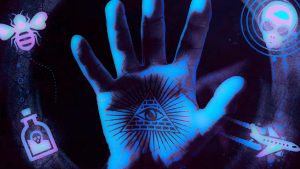 Conspiracy theorists keep getting things right; experts warn that’s dangerous Not just online any more: dangerous movements like the "freedom convoy" are fueled by conspiracy theories, and when those theories are correct, it legitimizes them.
Conspiracy theorists keep getting things right; experts warn that’s dangerous Not just online any more: dangerous movements like the "freedom convoy" are fueled by conspiracy theories, and when those theories are correct, it legitimizes them.
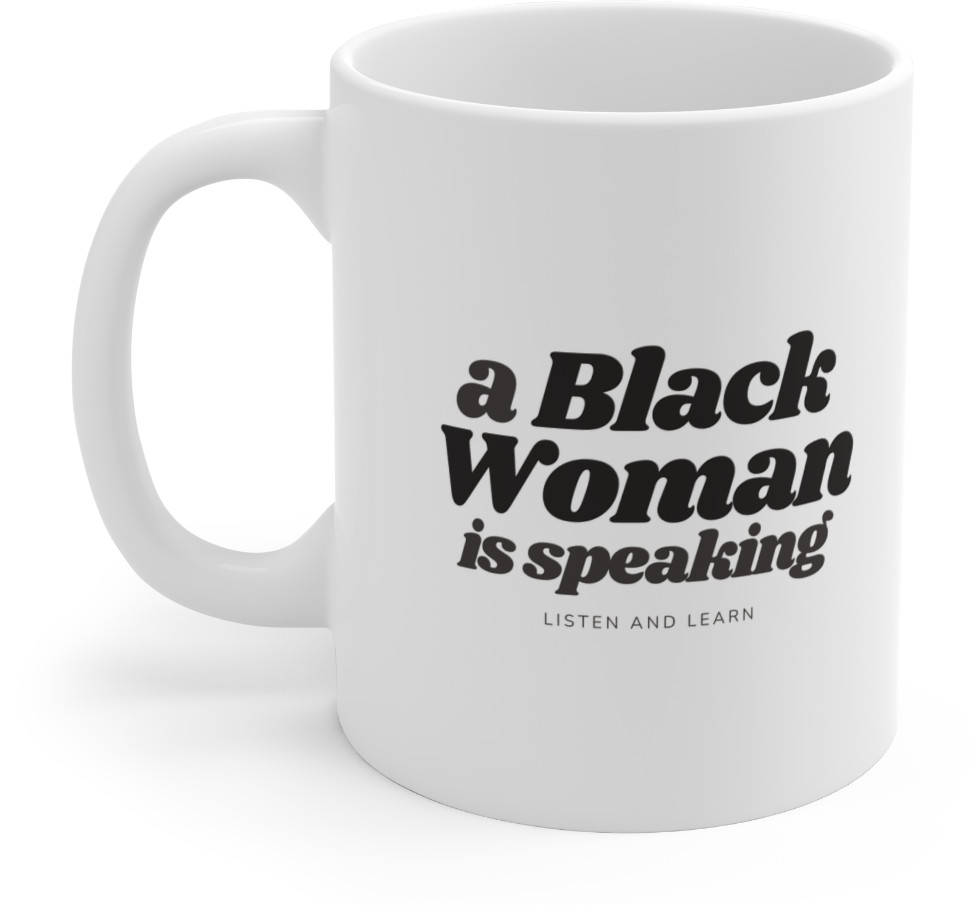

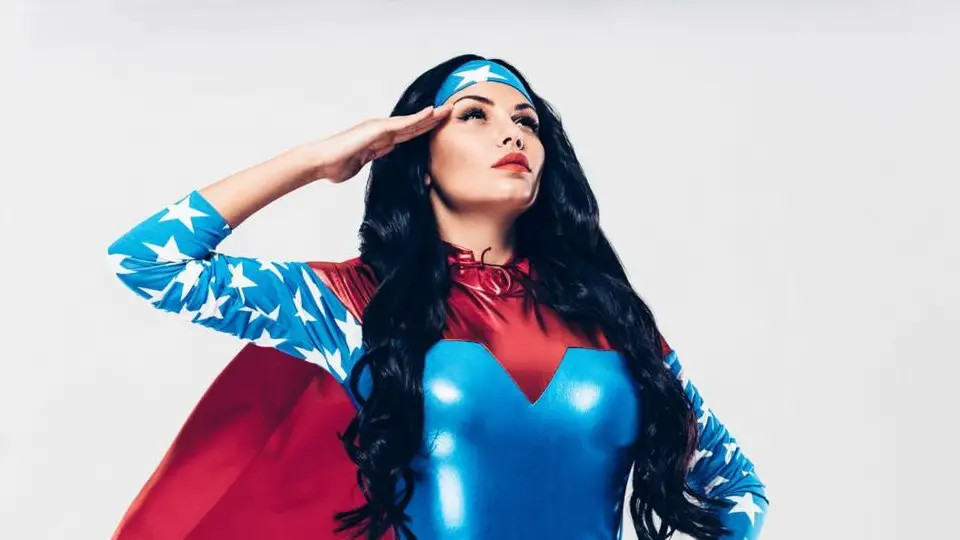
Yes, true. We should create our own superheroes, and stop trying to change what men created. We need OUR own heroes, not copypasting male archetypes. We don’t need them. Why copy men? Ugh…
It just looks like an inferiority complex.